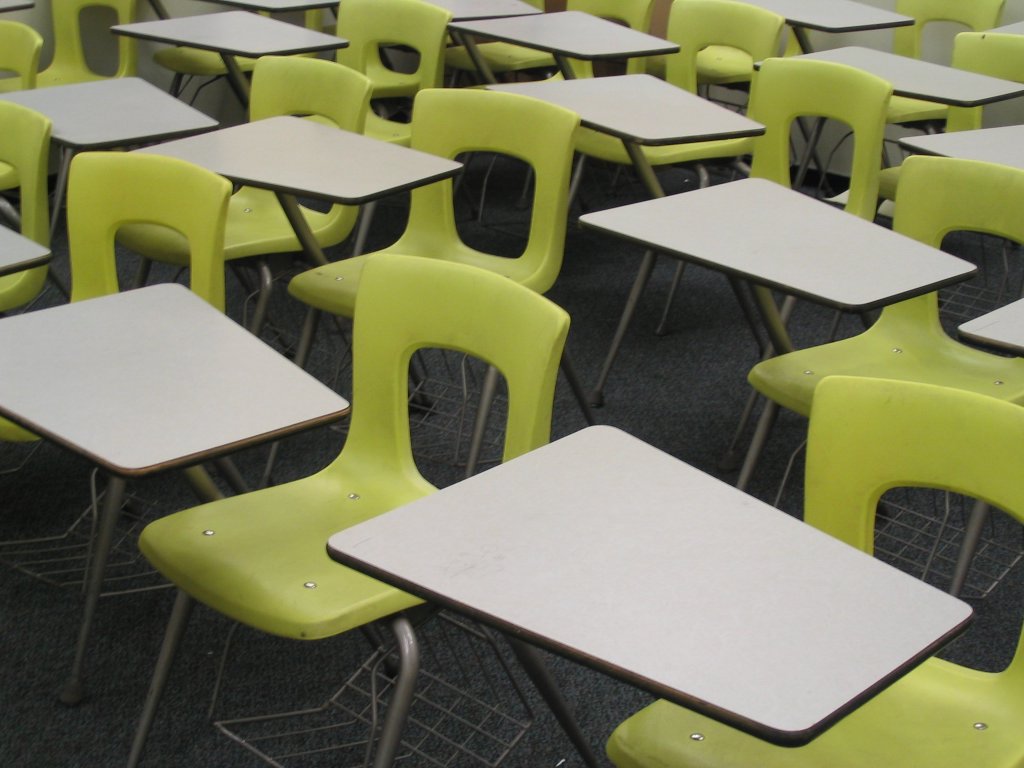
A Chronic Dose
Laurie Edwards wrote a great post today about mentors on her chronic illness blog A Chronic Dose. An excerpt reads: “Persistence is a huge component of success in any field, but having people who are willing to share their time and expertise is, I’d argue, just as valuable. For as long as you keep evolving personally and professionally, I think you never outgrow the value of a mentor.”
For the second post in my ‘Should You Write A Cancer Book?’ series I want to look at the issue Laurie raised of mentorship and writing.
Confessions of a Novice
Many authors of young adult cancer books were journalists, editors, or freelance writers prior to their diagnosis. But what if you are thinking about writing a cancer book and have no background in the field of writing or publishing? How do you learn to write? Who are your mentors?
I was a choreographer when I was diagnosed with cancer at age 27. As an undergrad, I had taken one semester of creative writing from a sweet but utterly unconstructive professor. To this day, that class is the extent of my formal writing training. Yet, a few weeks ago a large sized publishing house just released my first book Everything Changes: The Insider’s Guide To Cancer in Your 20s and 30s. Many mentors have gotten me to this stage in my new writing career, some more obvious than others.
My Big Three
1. My public high school English teacher Mrs. Kogut was an old fashioned type who wore a wool skirt suit and heels to work everyday. She docked one percentage point off of our papers for each grammatical or usage error. Everyone hated her. I ate her class up. She taught me the value of rules in writing.
2. My Dad and Strunk and White go hand in hand. My dad gave to me as a Chanukah present one year Strunk and White’s book The Elements of Style (glamorous huh?) My dad is a mechanical engineer. He is interested in efficient and sound construction, and latched on to a Strunk and White dictum: omit needless words. This is my top writing mantra.
3. Michael Denneny is a 35-year veteran senior editor from St. Martin Press, whose real life experience backed up the mentoring advice he gave me. The rejections my agent received from the first few publishing houses on my manuscript for Everything Changes could have been used as endorsement quotes on the book jacket: “Gripping stories.” “Excellent writing.” “Could not put it down.” Always followed by, “I’m sorry our publishing house cannot take your book. Our sales department feels that cancer does not sell.” Michael Denneny is responsible for getting published the first books ever written on HIV and AIDS. Following his lead, I never gave up on my mission to get one of the big publishers to believe in the need for, and the salability of, a guidebook for twenty and thirty somethings facing cancer. Michael and I were right. Many Barnes and Noble and Borders are selling my book faster than they can stock the shelves.
Writing Chops
Formal training is something missing from my resume– MFAs in Creative Writing or Masters in Journalism were not in my schedule or my budget after my cancer diagnosis. Working in the vacuum of self-education often feels freeing because I don’t know what or who I’m up against: ignorance is bliss. At other times, I’ve needed to grab a mentor because I’ve felt lost without a map. In upcoming posts in my ‘Should You Write A Cancer Book Series’, I’ll investigate other ways to brush up our writing chops. Until then:
Have you ever formally studied writing? Who are your writing mentors or inspirations? If you do not have any writing mentors, where would you look for them and who would you ask? Are there any bloggers or authors of books on writing who you consider your mentors?


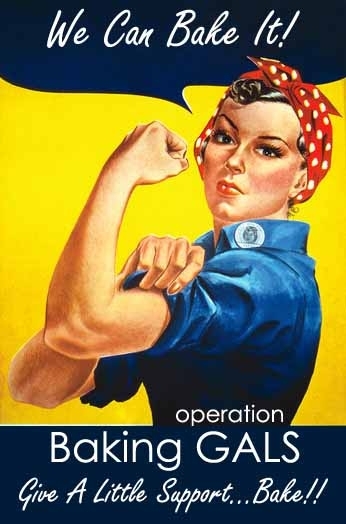
![]()
![]()
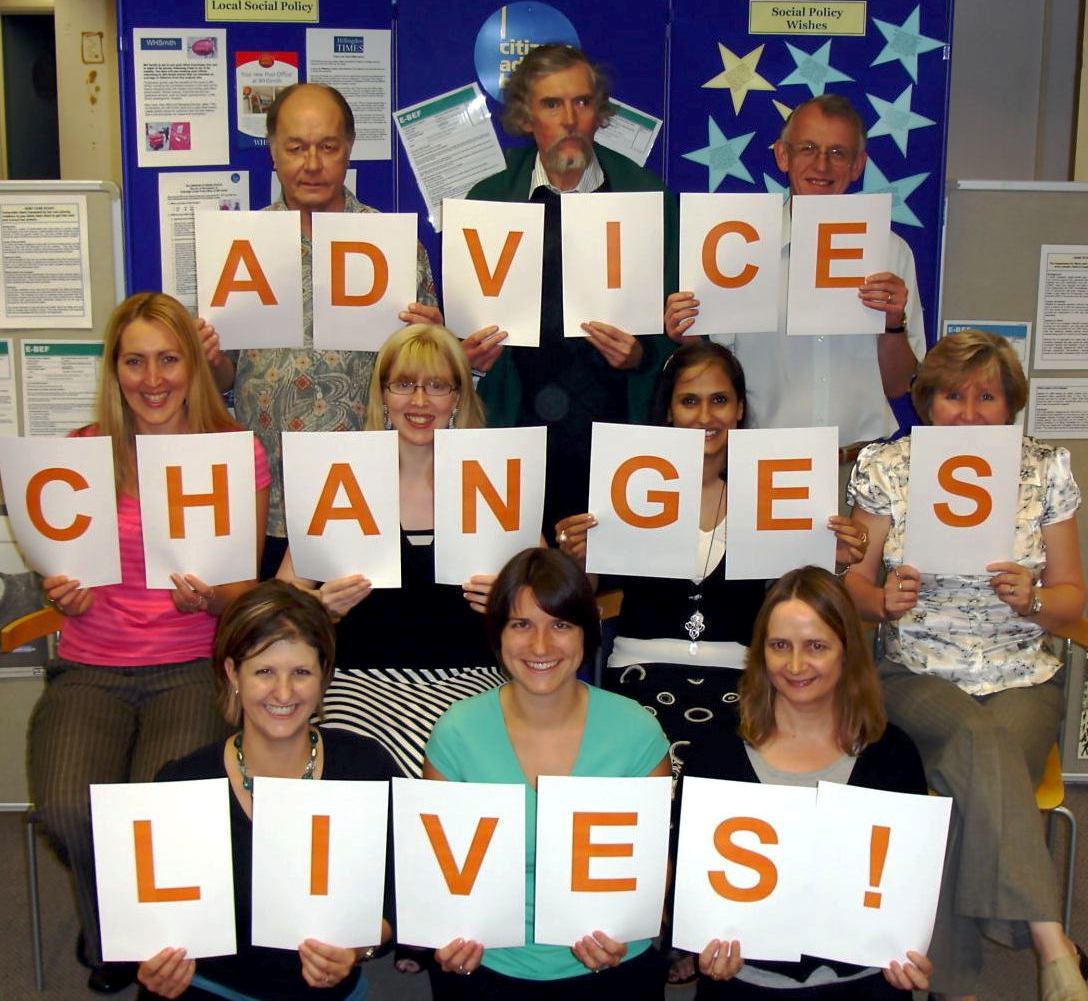

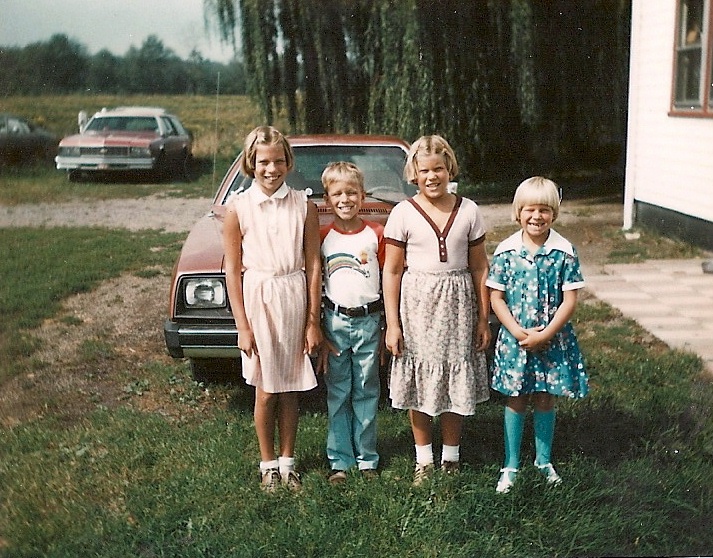
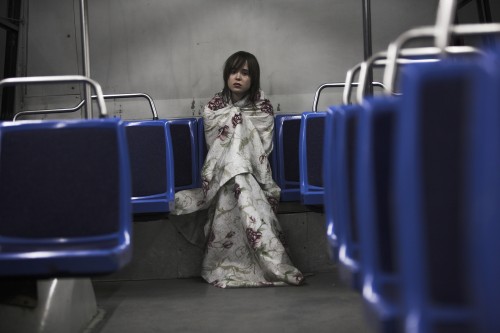
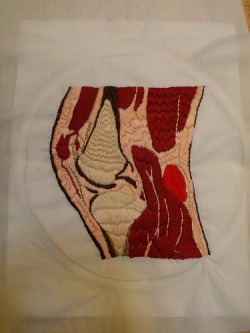
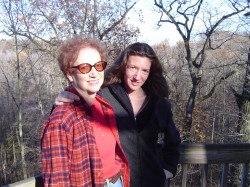
 “Everything Changes is, without doubt, the most forthright, emotionally sophisticated, and plain-old valuable book of its kind I've seen.”
“Everything Changes is, without doubt, the most forthright, emotionally sophisticated, and plain-old valuable book of its kind I've seen.”












